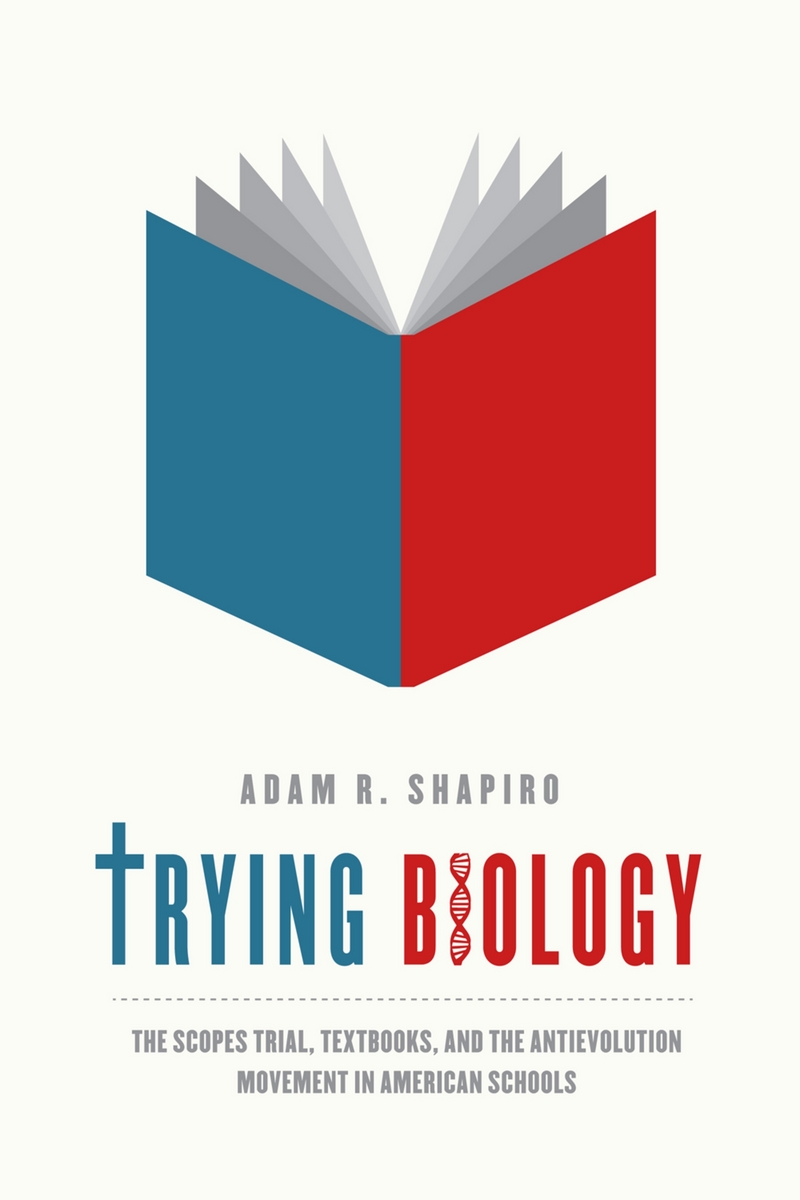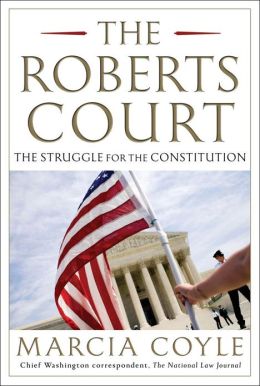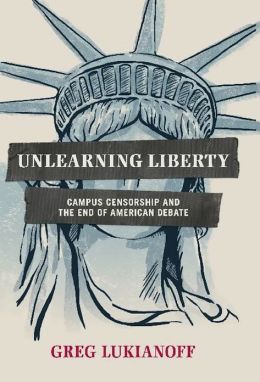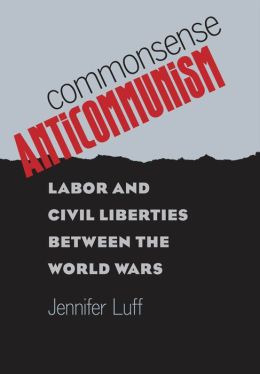[Here is the last in a series of post by David Rabban on his book
Law's History: American Legal Thought and the Transatlantic Turn to History. The series begins
here. All of here at LHB thank David for contributing them.]
In prior posts about my new book, Law's History: American Legal Thought and the Transatlantic Turn to History, I emphasized the dominance of the "historical school of American jurisprudence" during the late nineteenth-century. In this final post, I discuss the implications of this historical school for modern understandings of the history of American legal thought. In brief, the historical school's analysis of law as an inductive science rejected deductive theories and supported moderate legal reform, views that refute the conventional twentieth-century attributions of formalism and conservatism to late nineteenth-century legal thought.
During most of the time that I worked on my book, I did not intend to devote much of it to these implications. Even as I increasingly realized that my findings challenged conventional wisdom, I worried about deflecting attention from my primary focus on recovering the intellectual world of the historical school. Yet helped by discussions with many colleagues as I worked on and gave presentations about my work in progress, I ultimately concluded that these implications were too significant to ignore or to minimize. I decided to address them directly while hoping that doing so would not overshadow the nineteenth-century scholars themselves. I added two long chapters at the end of the book on twentieth-century interpretations of late nineteenth-century American legal thought. One chapter is on Roscoe Pound, who in the decade before World War I formulated much of the critique of legal formalism. The other chapter is on the scholars who followed Pound, from the legal realists Felix Cohen and Karl Llewellyn through important late twentieth-century commentators, especially Robert Gordon, Thomas Grey, Morton Horwitz, Duncan Kennedy, and Stephen Siegel.
Roscoe Pound was the key figure both in ending the dominance of historical explanation in American legal scholarship and in creating the influential, though often inaccurate, interpretation of late nineteenth-century legal thought that persisted throughout the twentieth century. Pound's crucial role in these major intellectual developments has been obscured by subsequent scholars, who have mostly concentrated on his nasty debate with Karl Llewellyn about legal realism in the 1930s. That debate, whose intellectual significance did not approach its emotional venom, occurred during the long twilight of Pound's career.
Pound's critique of his late nineteenth-century American predecessors derived largely from his strong personal belief that the traditional individualism of American society had become dysfunctional. In articles that made him a leading American legal scholar, Pound maintained that the social problems of twentieth-century industrial society could only be solved by recognizing collective interests. He stressed that prior jurisprudential schools, including what he called the school of "historical jurisprudence" that had prevailed in the United States since roughly 1870, both reflected and provided legal support for the excessive individualism that stood in the way of needed social reform. Throughout his critique of historical jurisprudence, Pound linked individualism with deductive formalism. Subsequent American legal scholars have largely followed Pound's criticisms of his nineteenth-century predecessors while losing sight of his emphasis on the centrality of history in their thought.
As Pound himself emphasized, his call for a collectively oriented and pragmatic sociological jurisprudence to supersede the individualism and deductive formalism of historical jurisprudence was part of a transatlantic intellectual trend. Both in Europe and in the United States, many maintained that collectivism should replace the individualism of the past in order to achieve necessary social and economic changes. Just as the general turn to history in many Western countries and scholarly disciplines affected American legal thought during the late nineteenth century, the movement from individualistic to collective perspectives across countries and disciplines affected it in the early twentieth century, especially through Pound's influential work.
Pound's criticism of historical jurisprudence focused on Savigny. In founding historical jurisprudence, Pound claimed, Savigny was as individualistic and as committed to formal deduction as the previous school of philosophical jurisprudence. Savigny simply substituted historical research for philosophical analysis as the method for identifying the legal principles from which to deduce a timeless legal structure. Just as philosophical jurisprudence derived individualistic legal principles from theories of natural rights, historical jurisprudence derived them from historical sources. It portrayed legal history as an unconscious and inevitable process that revealed the gradual unfolding of the idea of individual freedom and left no room for human will. It thereby produced a "juristic pessimism" incompatible with reform and oblivious to justice, which allowed the perpetuation of laws that did not serve current needs. Throughout his work, Pound made clear that he borrowed substantially from Jhering's earlier critique of historical jurisprudence in Germany in analyzing what he treated as an inferior, derivative version in the United States, to which he devoted substantially less attention.
In my chapter on "Pound's Successors," I observe that beginning with Duncan Kennedy's pioneering work in the 1970s on the structure of "classical legal thought," some commentators have treated their late nineteenth-century predecessors more respectfully and in greater detail than had Pound and the legal realists. Especially since 1990, when Stephen Siegel published his groundbreaking article on "Historism in Late Nineteenth-Century Constitutional Thought," legal historians have redirected attention to the importance of history in late nineteenth-century legal thought while providing more extensive and nuanced explorations of its content. Yet much of this excellent recent work perpetuates Pound's claims about the deductive formalism and resulting conservatism of his predecessors.
As previous posts have indicated, my book reveals that the widely held consensus about late nineteenth-century American legal scholarship is largely inaccurate. It prompts suspicion that this consensus derives more from the progressive intellectual and political agenda of twentieth-century scholars than from a close reading of their nineteenth-century predecessors. Evolutionary understandings of law, not unchanging deductive formalism, pervaded the legal thought of late nineteenth-century American legal scholars. As part of their rejection of "mere theory," they emphasized that their reliance on the empirical evidence of history made law an inductive science, in contrast to the deductive science of mathematics. Legal scholars often invoked history to reform rather than to justify existing law, identifying dysfunctional survivals from the past that should be eliminated. As some recent revisionist work has observed, in their personal politics they were more likely to be Mugwump reformers or Jacksonian democrats than conservative apologists for laissez-faire capitalism. They frequently spoke out against the increasing materialism of American society and denounced the excesses and inequalities produced by the growth of corporate capitalism. Some participated actively in public affairs, from opposition to slavery before the Civil War to postwar efforts combating municipal and corporate corruption, promoting civil service reform, and urging better treatment of American Indians. Yet unlike Pound and many twentieth-century progressives, they did not see American society in a state of crisis or view law as a pragmatic means to address contemporary social problems that required immediate attention.
In writing about the late nineteenth-century American legal scholars, my primary goal has been to understand them on their own terms. Immersed in the evolutionary social thought that dominated nineteenth-century Western intellectual life, the first professional legal scholars in the United States had confidence in the power of the past to explain, and potentially to reform, the present. Subsequent generations have lost this confidence, perhaps historians most of all. My attempt to recover the intellectual world and professional achievements of the late nineteenth-century American legal scholars, freed from the frequent misrepresentations and condescension of their successors, is a very different kind of history, reflecting very different assumptions and goals, from their own. I hope it provides insights into the intellectual history of American legal thought and adds to the healthy diversity of methodological approaches among modern legal historians.
I close this final post by thanking Dan Ernst for inviting me to contribute to the Legal History Blog. I have enjoyed hearing from some readers of these blogs, and I welcome additional comments.











